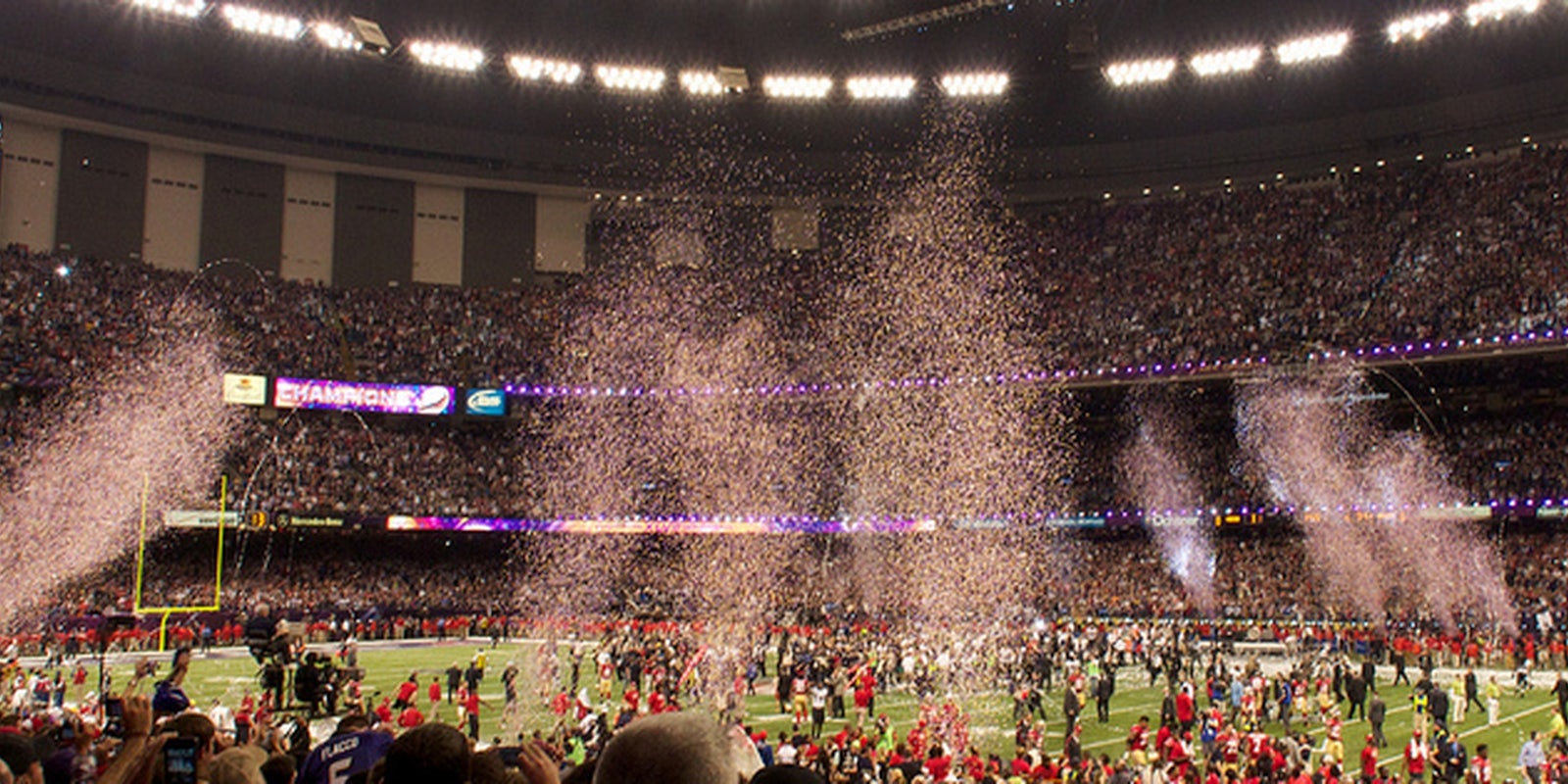Compared to society at large, the National Football League is not a wretched hive of scum and villainy: Only 2 to 3 percent of NFL players are arrested in a given year, versus 4 percent of the American population. But it has a much higher crime rate of any equivalent group of millionaires off the gridiron, according to USA Today.
A $10 billion industry, the NFL’s the most popular pro sport organization in the country, and it gathers a commensurate level of scrutiny, the latest of which was a $765 million settlement with former players for concussion-related injuries.
So when a group of about 1,700 people with a minimum wage of $405,000 per year, who are prominent on television and other media, keep getting arrested, it’s news. To track the trend, USA Today has created a database of NFL arrests for active players over the last 10 years.
The database is sortable by date of arrest, team, player name, player position, action (arrest, citation, summons, etc.), category of crime, description, and outcome.
There is an average of one arrest per week of an NFL player. The period following the Super Bowl in February was described by USA Today’s Brent Schrotenboeter as “one of the ugliest offseasons in NFL history,” with 37 arrests. The average per year is 56 since 2007, when Roger Goodell took over as commissioner from Paul Tagliabue (though under earlier commissioners, arrests were harder to track).
Driving under the influence accounts for 27 percent of arrests. Even at about 1 percent of the player population, it’s still lower than the 1.6 percent average in America at large. Other all-too-common arrests include those for assault, battery, gun, and domestic violence charges.
About a third of the arrests are dismissed or the arrestees acquitted, and 67 percent result in convictions, mandatory diversion, or plea deals.
The most publicized crimes, such as Aaron Hernandez’s alleged double-murder charge, are also the rarest, just as they are in society at large.
Although the NFL arrest rates do not seem to exceed society-wide rates, in many cases being much lower, they are high when compared to arrests of others in players’ tax brackets. NFL players are, by and large, young men who have come into a ton of money in a very short time with very little background in managing wealth and the expectations that come with it.
Although the NFL under Goodell has increased player penalties for lawbreaking and education programs for players, they are still exposed to the glaring light of great praise and the pressure of great expectation. Those elements provide no cover for breaking the law. But USA Today’s data experiment indicates that media coverage of, and emotional investment in, the NFL—not to mention racial prejudices—can distort our sense of perspective.
H/T USA Today | Photo by Au Kirk/Flickr


